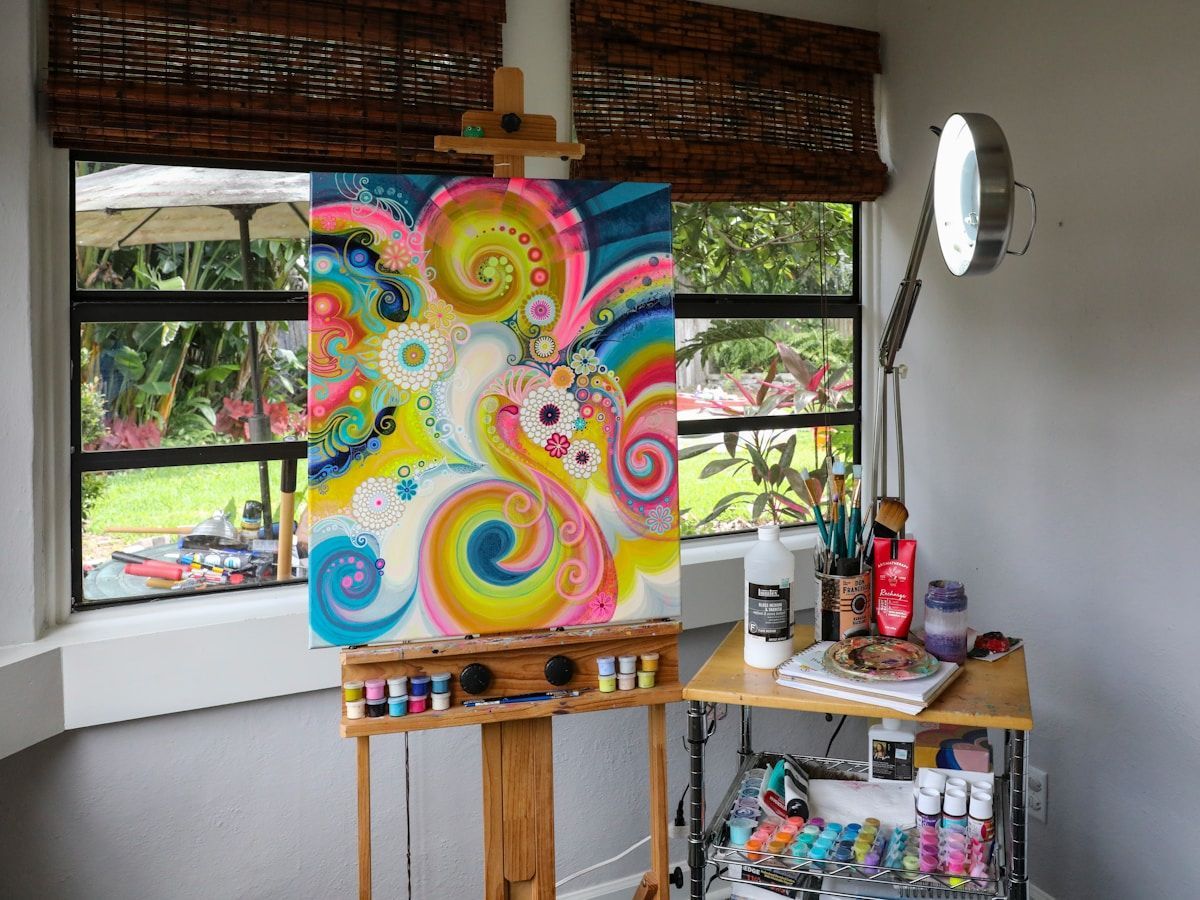Crisis Support Therapy in Great Barrington: Immediate Mental Health Intervention
Crisis support therapy in Great Barrington, Massachusetts provides immediate, professional mental health intervention for individuals experiencing acute psychological distress, suicidal thoughts, or mental health emergencies. At Berkshire Heart & Mind Therapy, we understand that mental health crises can occur at any time and require immediate, compassionate, and expert response.
Our practice has been serving Great Barrington and the broader Southern Berkshire region with comprehensive crisis support and emergency psychiatric services designed to provide stabilization, safety planning, and immediate therapeutic intervention during mental health emergencies and acute distress situations.
What is Crisis Support Therapy in Great Barrington?
Crisis support therapy in Great Barrington is immediate, short-term therapeutic intervention provided by licensed mental health professionals during acute psychological distress, designed to ensure safety, provide stabilization, and connect individuals with appropriate ongoing mental health resources and treatment.
Our crisis support services utilize evidence-based crisis intervention techniques including psychological first aid, safety planning, risk assessment, and brief solution-focused therapy to provide immediate relief and establish pathways to ongoing mental health care and community support.
When to Seek Crisis Support Therapy
Mental health crises can take many forms and may require immediate professional intervention. Common situations that warrant crisis support therapy include:
- Suicidal thoughts, plans, or previous attempts requiring immediate safety assessment
- Severe depression or anxiety that significantly impairs daily functioning
- Psychotic episodes, hallucinations, or breaks from reality
- Severe emotional distress following trauma or significant life events
- Substance abuse complications affecting mental health stability
- Self-harm behaviors or other dangerous coping mechanisms
- Panic attacks or severe anxiety that feels unmanageable
How Does Crisis Support Therapy Work in Great Barrington?
Crisis support therapy works by providing immediate assessment and intervention during mental health emergencies, typically involving rapid safety evaluation, emotional stabilization, crisis planning, and connection to ongoing support services within 24-48 hours of initial contact.
Our crisis support process begins with immediate triage to assess safety and stability, followed by brief therapeutic intervention to provide coping strategies, emotional support, and practical planning. We coordinate closely with local emergency services, hospitals, and community mental health resources to ensure comprehensive crisis response.
The Crisis Intervention Process
Our crisis support therapy follows a structured approach designed to maximize safety and therapeutic effectiveness:
- Immediate risk assessment and safety planning
- Crisis stabilization and emotional support
- Brief therapeutic intervention and coping skill development
- Coordination with family members, healthcare providers, or support systems
- Connection to appropriate ongoing mental health services
- Follow-up contact within 24-48 hours to ensure continued stability
- Transition planning to longer-term therapeutic support
Great Barrington Community Crisis Resources
The Great Barrington area benefits from a network of crisis support resources that work collaboratively to provide comprehensive emergency mental health care. Our practice maintains strong relationships with Fairview Hospital, local emergency services, and community mental health organizations to ensure seamless crisis response.
We understand the unique aspects of rural crisis intervention, including limited transportation options, seasonal isolation factors, and the close-knit nature of smaller communities. Our crisis support services are specifically designed to address these regional considerations while maintaining strict confidentiality and professional boundaries.
Massachusetts Crisis Support Network Integration
Our crisis support therapy services in Great Barrington are integrated with the Massachusetts statewide crisis support network, including the Emergency Services Program (ESP) and mobile crisis teams. This integration ensures 24/7 availability of crisis support resources and coordination with state mental health services.
We work closely with our comprehensive therapeutic specialty services to ensure that individuals receiving crisis support can transition smoothly into appropriate ongoing mental health treatment, whether that involves individual therapy, medication management, or intensive outpatient programs.
How Much Does Crisis Support Cost in Great Barrington?
Crisis support therapy costs in Great Barrington are typically covered by most insurance plans as emergency mental health services, with many providers offering sliding scale fees or emergency financial assistance to ensure that cost never prevents access to critical crisis intervention services.
We believe that mental health crisis support should be immediately accessible to everyone in the Great Barrington community, regardless of financial circumstances. Our team at (413) 252-4357 can provide information about insurance coverage, payment options, and emergency assistance programs available for crisis services.
Safety Planning and Prevention
A crucial component of our crisis support therapy involves developing comprehensive safety plans that help individuals recognize early warning signs, identify coping strategies, and establish support networks to prevent future mental health emergencies. These plans are personalized and practical, addressing specific triggers and vulnerabilities.
Safety planning includes identifying trusted individuals who can provide support, removing means of self-harm, establishing routines that support mental wellness, and creating clear steps to take when distress begins to escalate. We provide written safety plans and ensure that both clients and their support systems understand how to implement these strategies effectively.
Post-Crisis Follow-up and Ongoing Support
Crisis support therapy extends beyond immediate intervention to include comprehensive follow-up care designed to prevent future crises and establish sustainable mental health support. Our post-crisis services include regular check-ins, therapy referrals, medication coordination, and ongoing safety monitoring.
We maintain contact with individuals who have received crisis support to ensure continued stability and provide ongoing therapeutic support as needed. This may involve transitioning to regular individual therapy, connecting with support groups, or coordinating with other healthcare providers for comprehensive treatment.
If you or someone you know is experiencing a mental health crisis in Great Barrington, don't wait to seek help. Contact Berkshire Heart & Mind Therapy immediately at (413) 252-4357 for crisis support therapy and emergency mental health intervention. Remember: crisis support is available, effective, and can provide the immediate help needed to navigate through difficult times safely.

